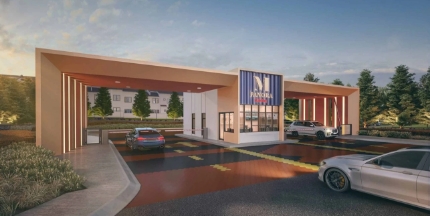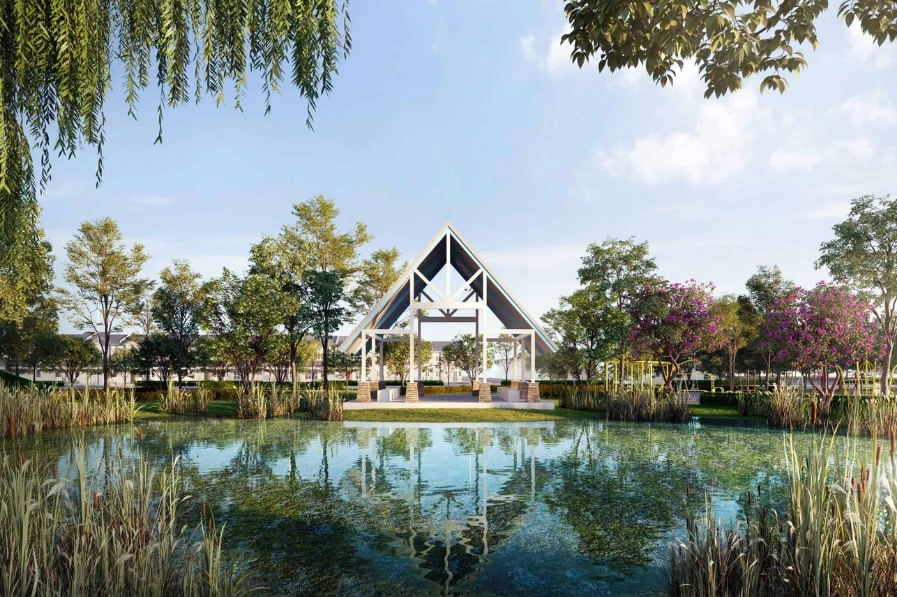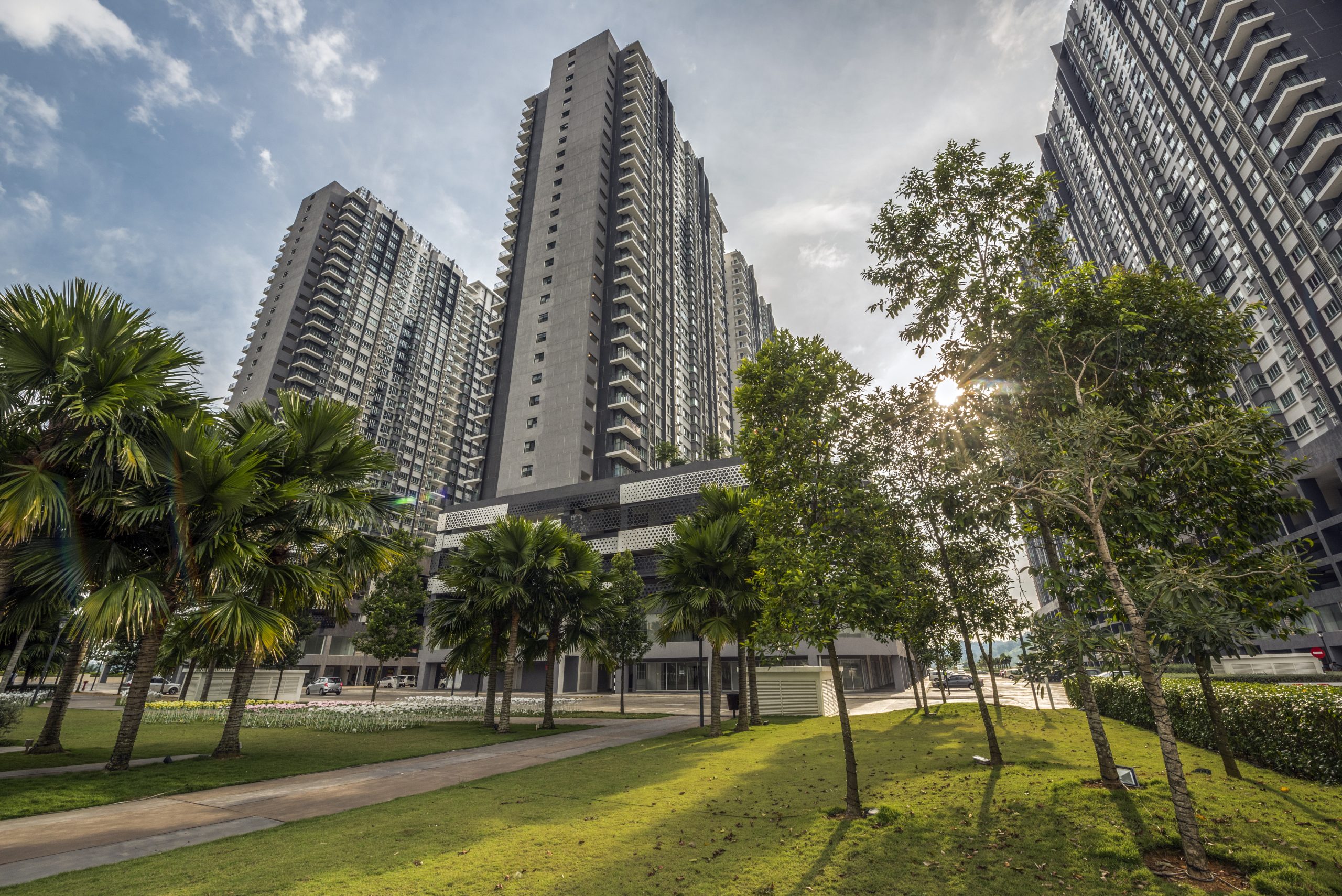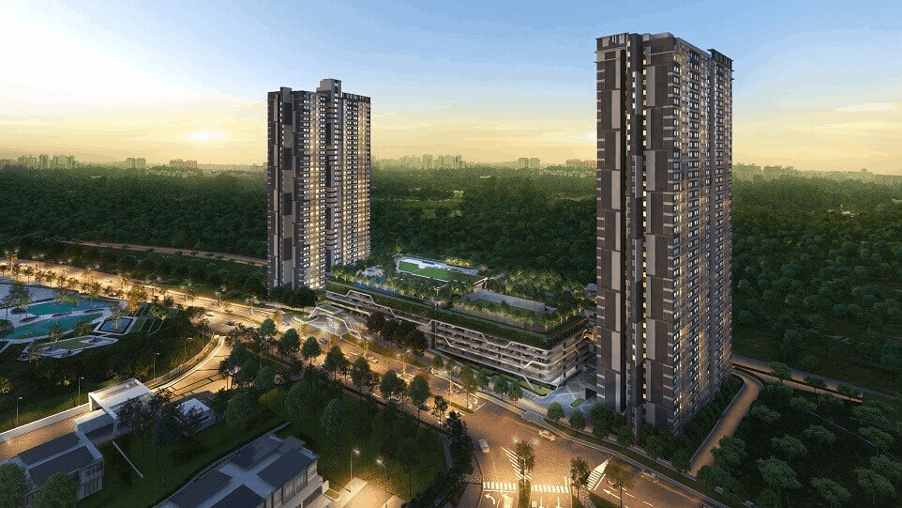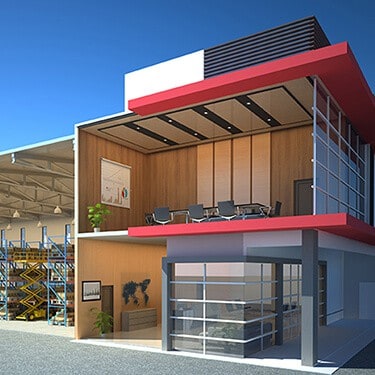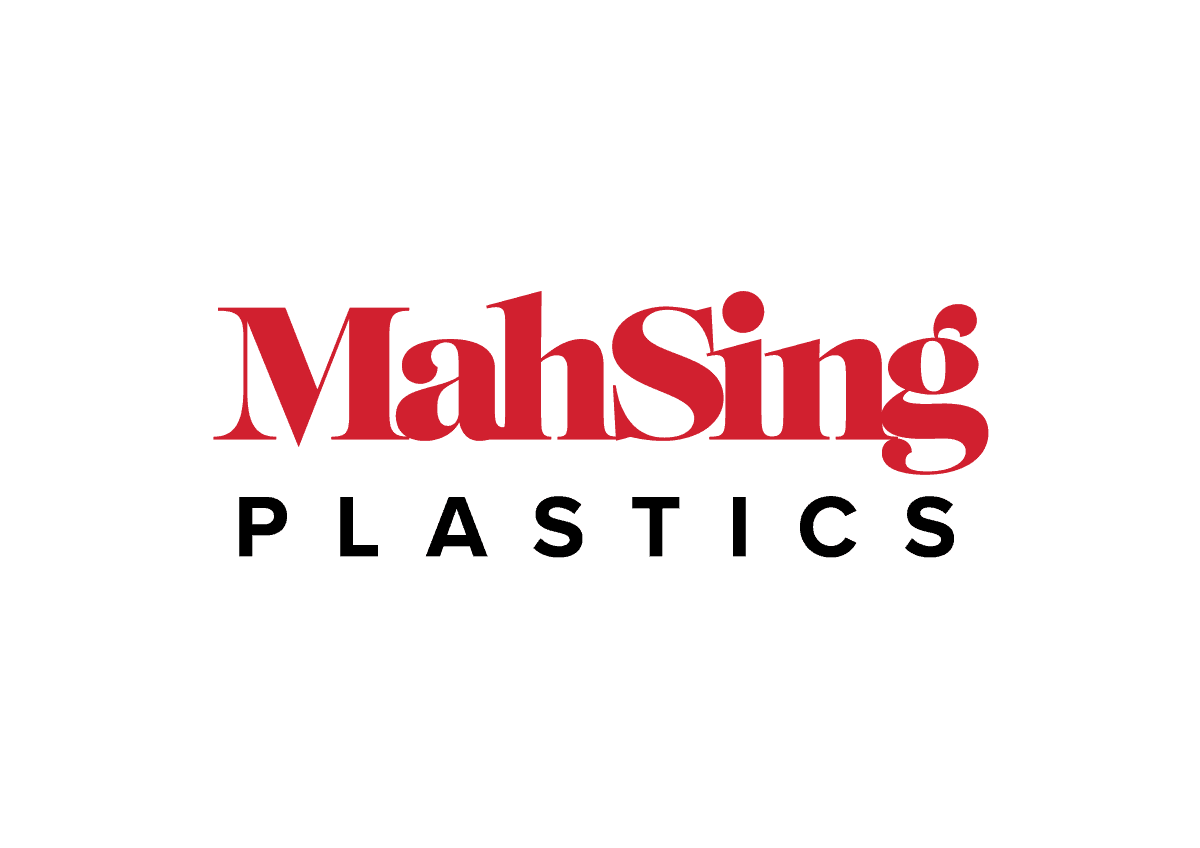
Frequently, people associate Mah Sing with “property development” as our track record and building presence all across Malaysia points evidently towards that. But many do not know that Mah Sing actually started as a plastic trading business back in the 1960s. Today, Mah Sing has grown to be one of the largest high-tech plastics manufacturer in Malaysia and has operations in both Malaysia and Indonesia. The Malaysian portion is undertaken by the wholly-owned subsidiary Mah Sing Plastics Industries Sdn Bhd (MSPI), while the Indonesian operation comes under a 65%-owned unit P.T. Mah Sing Indonesia.
BUT HOW DID ALL OF THESE START?
In 1965, Mah Sing Group Founder Tan Sri Dato’ Sri Leong’s father founded Mah Sing as a plastic trading company and at that point Tan Sri Leong was helping out in the business. He initially aspired to become an engineer but was persuaded by his father to take up training in “plastics technology” in Japan to help further expand the family’s business.
At the tender age of 22, his father handed over the reins of leadership along with a small seed capital for Tan Sri Leong to begin work on a manufacturing plant and to expand his business which was already clocking in millions of ringgit in revenue a year. His main objective of wanting to start his own manufacturing plant was to be able to effectively manage its costs, and in the long term, to get the company listed.
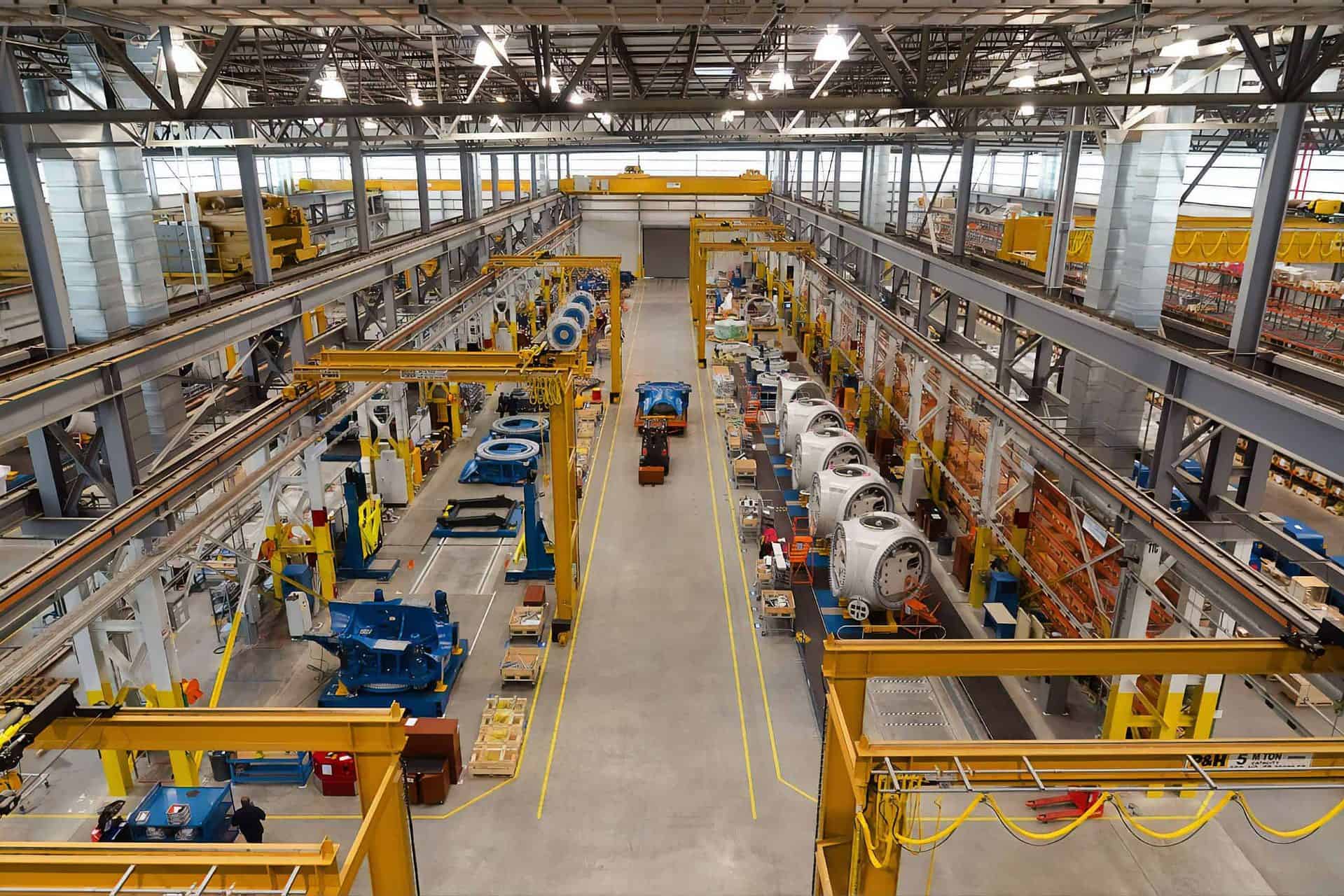
Photo by Science in HD on Unsplash
From its humble beginnings of a small shop lot with just 3 machines in Jalan Imbi, to a larger rented factory in Segambut, the business expanded rapidly. At the time, Tan Sri Leong had already begun dealing with many Japanese electrical and electronics giants along with concurrently expanding on his machine capacity. He bought the first 7 acres of land from PKNS in 1989. He felt the move was necessary as many Japanese, Korean and American companies were moving their operations to Malaysia from their home countries to capitalise on the lower cost of doing business. The countries that benefited from this the most were those in the South East Asian region like Malaysia, Indonesia, Vietnam and Thailand.
In December 1992, Tan Sri Leong listed Mah Sing on the second board of the KLSE. MSPI was the first company in Malaysia to own a 4,000 tonnes clamping force machine which was the biggest in ASEAN at the time. By 1995, Tan Sri Leong had opened his first overseas factory in Indonesia, followed by a second in the year 2011.
Approximately 40% of the Malaysian plastics’ operational sales and revenue are from export, with the top 5 export markets being Singapore, Thailand, Indonesia, Vietnam and Philippines. The Malaysian factory focuses primarily on proprietary products, especially material handling products. As for the Indonesian operations, P.T. Mah Sing Indonesia is one of the biggest player in the Original Equipment Manufacturer (OEM) market focusing on large automotive parts in Indonesia.
DIVERSITY IN THE PRODUCTS
MSPI has grown to become a trusted supplier of durable and high quality products i.e. a wide range of plastic products including industrial containers, furniture, motorcycle safety helmets, and many more. Being a market leader in manufacturing plastic pallets, MSPI offers a range of pallets suitable for a wide range of use including in the food and beverage, electronic and electrical, chemical and pharmaceutical, paper and printing industries. Apart from being cost effective, the pallets are light-weight, safe and rather easy to handle.
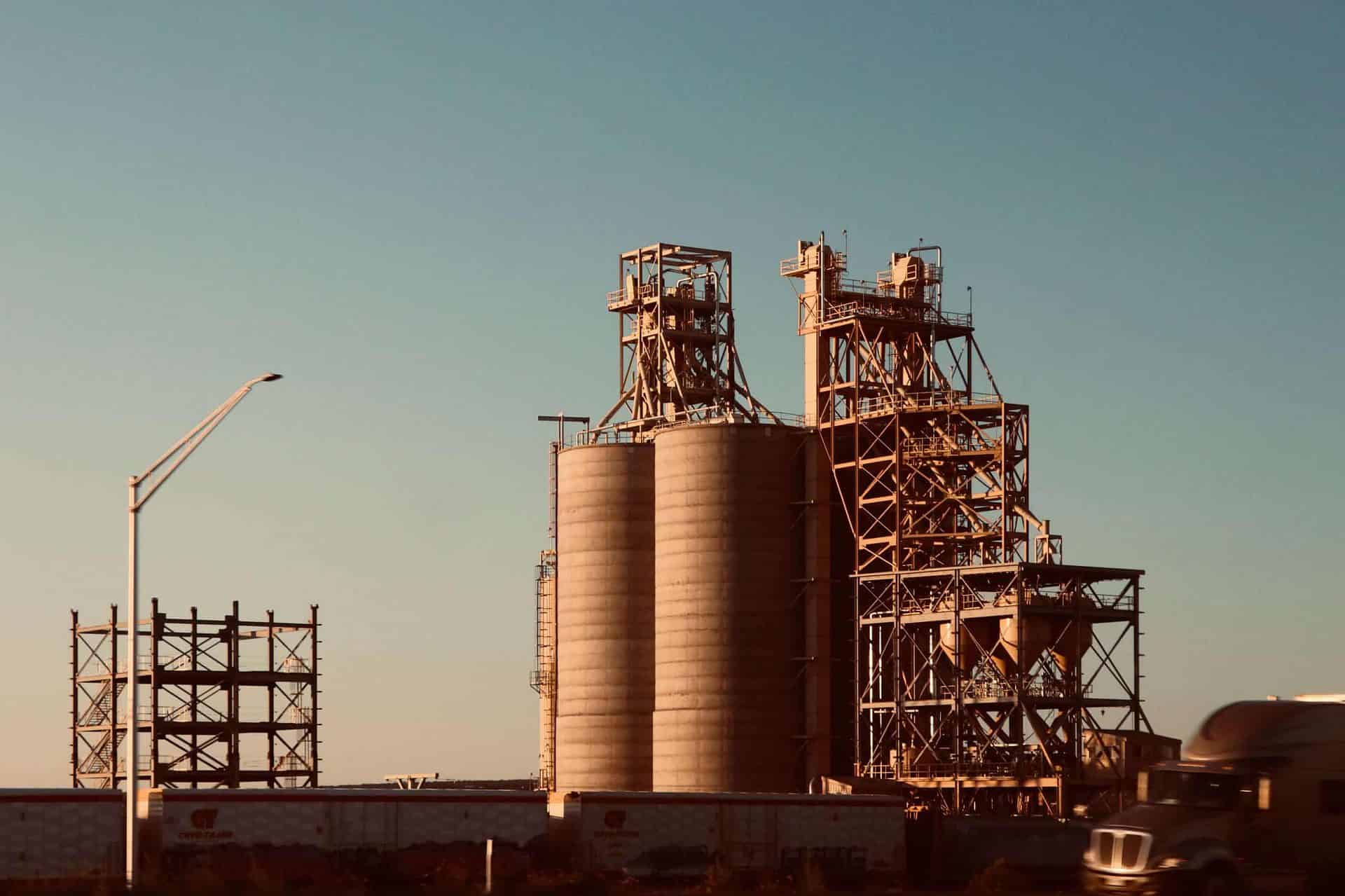
Photo by Deborath Ramos on Unsplash
Another popular range of products include multi-purpose industrial plastic containers. These are suitable for industrial, food and beverage, agriculture, fishery, poultry, household and wholesale distribution use.
In 2017, MSPI introduced a new series of bioplastic furniture, which uses materials derived from non-edible agricultural by-products. Since 2017, MSPI has been producing the “Bioplastics Furniture Series” as an alternative for customers who opt for low-carbon products. Chairs and tables manufactured in the series uses TEXa, a patented proprietary bioplastics material, derived from non-edible agricultural by-products such as rice husks. This leads to a reduction in energy consumption and carbon emissions compared to conventional plastics.
In an effort to remain competitive, MSPI will maintain its focus on integrating energy efficiency with business productivity, via initiatives such as the utilisation of Solar Power Systems, which is in line with its ongoing efforts to become a more sustainable entity and to make products that are more competitively priced.
MOVING FORWARD
For future expansion of MSPI, their factory capacity will be increased for the production of plastic pallets and setting up logistic hubs in the Southern and Northern regions. They are now venturing into the leasing business of plastics pallets, which gives flexibility to some of their customers for various uses. Driven by the vast opportunities within the e-commerce space, they intend to explore the possibility of developing products for the consumer segment as well.



